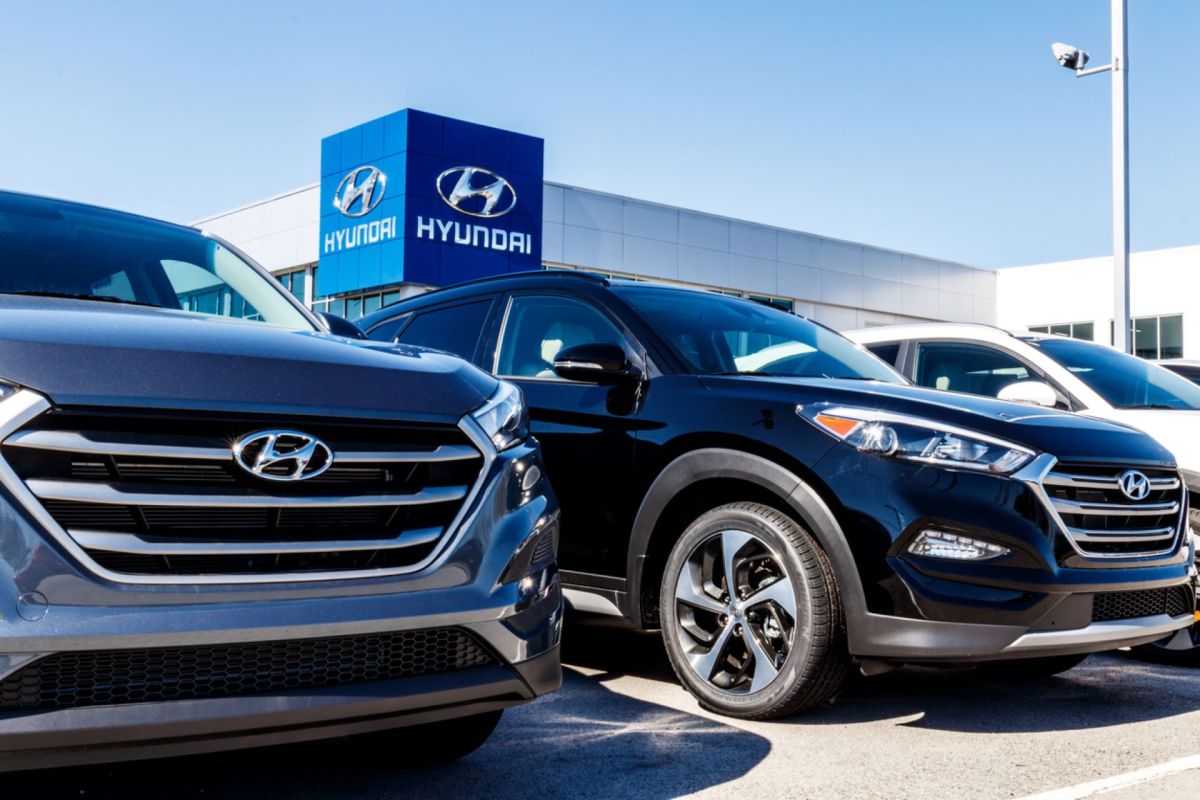Hyundai recently took a giant leap toward the future of electric vehicles when it patented an all-solid-state battery system in the U.S.
Many consumers are hesitant to join the EV revolution because they're wary of charge times and how far they can drive with a single charge. Solid-state batteries would fix both of those problems, creating a more powerful battery that reduces charge time and travels greater distances on a single charge.
🗣️ If you're thinking about buying an EV, which of these factors is most likely to convince you that it's a smart decision?
🔘 Seeing friends and family buy EVs 👯
🔘 Seeing first responders use EVs 🚒
🔘 Seeing businesses use EVs 🚕
🔘 Seeing celebrities drive EVs 🤩
🗳️ Click your choice to see results and speak your mind
Most EVs today run on lithium-ion batteries. Lithium-ion batteries use a liquid electrolyte solution to separate the anode (positive) electrode from the cathode (negative), while solid-state batteries use a solid electrolyte to separate the anode and cathode.
Safety is also a consideration in making the move to solid-state batteries. The liquid in lithium-ion batteries can be damaged by swelling caused by changes in temperature, and they can leak if damaged. Neither of those concerns applies to solid-state batteries, as they'll keep their shape even if damaged.
The concept of solid-state batteries has been around for years, but EV manufacturers still have a ways to go before designing and producing them on a large scale. One of the main issues holding the development of solid-state batteries back is that they require solids, like graphite, which can be expensive and hard to find.
Toyota has already failed to make good on the promise to launch the technology in 2021 and 2022. The company now plans to release a version of a solid-state battery in limited numbers in 2026, with other versions coming out in subsequent years. Toyota said it will produce the batteries on a larger scale in 2030.
Several other EV manufacturers, like GM, Ford, Honda, and Mercedes-Benz, are also working on solid-state technology.
Besides providing a longer range with shorter charging time, Honda CEO Toshihiro Mibe said in a recent interview that the development of solid-state batteries will also make EVs cheaper, which he expects in the 2030s.
"If we can develop what we aim, the cost will go down and the range will increase," Mibe said. "If we can do a good job with the development, the benefit will be huge."
Join our free newsletter for cool news and actionable info that makes it easy to help yourself while helping the planet.









